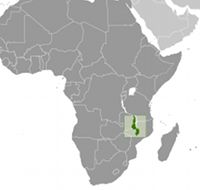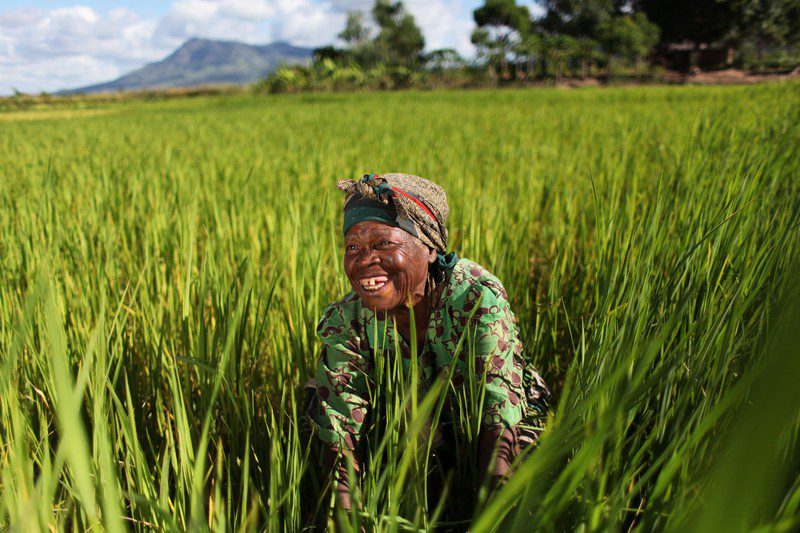Malawi
Tourist brochures have long proclaimed Malawi as ‘the warm heart of Africa’, with friendly locals and beautiful scenery. But 85% of Malawians live in poverty.
Malawi is one of the world’s least developed countries, with major problems stemming from population growth, increasing pressure on agricultural lands, corruption and the spread of HIV.
Since 1987, we’ve been working with four other Oxfams in Malawi to improve the lives of people in poor communities. And we’re also working to tackle the ongoing threat of HIV and AIDS.
We’re improving people’s lives
Most Malawians live in poor rural areas and survive by growing their own food. We support local organisations to train farmers in sustainable and environmentally friendly agricultural techniques so they can improve their productivity and produce extra food to sell. In 200 villages across the southern part of the country we’re providing villagers with crop seeds, livestock and better access to clean water.
Tackling HIV and AIDS
At almost 12% of its population, Malawi has one of the highest HIV infection rates in the world. Life expectancy is only 43 years due in large part to the epidemic. Most people who die from HIV-related illness are cut down in the prime of their lives – often leaving behind orphans and single-parent households who face an uphill struggle to survive.
We train and support home-based carers – local volunteers who support sick, elderly, and orphaned people in their communities. Carers offer counselling and help with household chores.
Oxfam taught us how to grow vegetables in kitchen gardens. At first, we thought that it would be difficult, but now we see the benefits and everyone is growing vegetables behind their home. We no longer have to buy them.
Simon Kafodya, from Tambala village in Mulanje.
Esther Peter is a home-based carer in Malenga village. “Carers like me are available 24 hours a day, if needed. Oxfam has given us kits containing calamine lotion, paracetamol, cotton wool, bandages, antiseptic, soap, disposable aprons and gloves, to help us in our work.”
We also help communities affected by HIV to create home gardens. People who farm and grow food to feed their families can’t continue this if they are weakened by illness.
Protecting people’s rights
We work with local organisations to lobby the government for better healthcare and education. A key program is working to influence the government to enact new legislation that recognises the needs of poor people whose survival is dependent on land.
We also campaign for:
- Access to education for orphans and other vulnerable children
- Access basic healthcare – particularly to HIV antiretroviral drugs
- Open and accountable government

Fast facts: Malawi
- Population living below the poverty line:
- 65.3% (2005)
- Infant mortality rate:
- 89.05 deaths/1,000 live births (2009)
- HIV adult prevalence rate:
- 11.9% (2008)
- Life expectancy at birth:
- 43.8 years (2009)
Source: CIA World Factbook, UNDP
